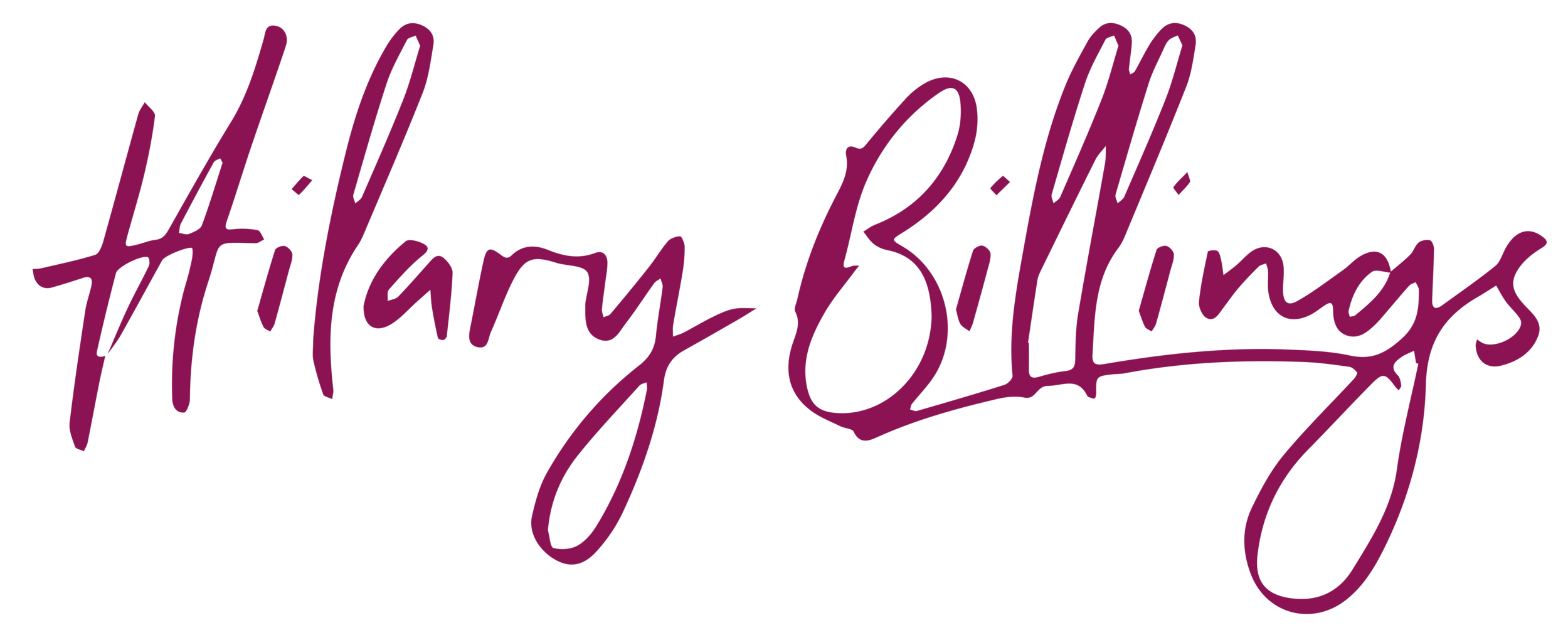The Dilemma of Over-Explaining Culture
This is one of my best friends, Elly.
Elly and I met each other back in 2013. We were both hired by the same designer to walk for LA Fashion Week. We became quick friends and have been inseparable since.
A few years ago, Elly was diagnosed with an aggressive form of oral cancer. She had to drop her blooming career as an actress, model, and on-camera host in order to immediately begin prep for surgery.
Over the course of years, she had multiple surgeries, the most invasive being a removal of her left jaw and half her tongue, and having them both replaced with leg muscle and bone.
When she could finally speak again, she made the decision to take her story public, talking about it on her Facebook Watch Page and Youtube Channel.
Fans poured in worldwide, sending her love and appreciation for “being so brave,” for “sharing her story,” for being “such an inspiration.” Elly was making a difference in the world, and her impact showed.
About a year into making content, she started to experiment with doing videos where she tried doing other things besides talking about cancer. (Can you blame her?). The response was astounding.
“Why does she talk like she has marbles in her mouth?”
“Get speech therapy.”
“She sounds retarded.”
“Why does someone who talks so crappy have a page?”
These are very real, and even mild versions, of hateful comments she received.
As her close friend, my blood boiled reading these. I spent an exorbitant amount of time taking up my sword in the comments section of her videos, explaining her situation and how you too would talk funny if your tongue was tied to the inside of your mouth after cancer.
Sometimes people would respond back and say things like, “Oh, well I didn’t know. I’m sorry. She sounds great.”
And that’s when I began to notice a trend.
If Elly prefaced a video with, “Hey viewers. I have cancer and I talk funny,” people would lavish her with praise, compassion, and love.
But if Elly starred in a video where she was just living her life without explanation, the comments were heavily skewed towards criticism of her scars and speech and questioning whether or not she deserved to even be IN a video.
And that’s when I realized that we have an over-explanation problem in our society.
We see it play out every day, just maybe in not as heightened a setting as social media.
If someone does something, wears something, or speaks something that is not considered “normal,” people lob judgment.
What if — instead of assuming the need for everyone to be uniform — we recognized that there were differences we may never understand or need to? What if we just assumed EVERYONE had something terrible going on, like cancer?
Sounds rash, I know. But hear me out.
You can also pick your own situation to play out here: assume everyone is depressed, assume everyone is sick, assume everyone has anxiety or panic attacks, etc. But pick a universal truth about how everyone is hurting in a way that you don’t get a full explanation of.
If we were to make this helpful, albeit sad, assumption, how would we show up differently for the strangers in our lives?
We will never know the internal struggles a majority of people face. We can’t control how others choose to judge us on the surface level. And I don’t think the answer is to waste countless hours of energy trying to explain to everyone around you your handicap (whatever that is) out of fear of them judging you.
What we can control is how we choose to act with each other, and the thoughts that we think when we see someone acting “different.”
So let’s all just assume that everyone is doing the best they can with what they have, and that there are a litany of backstories we will never get or understand. Because we all need to be more compassionate if we want to feel more connected.




